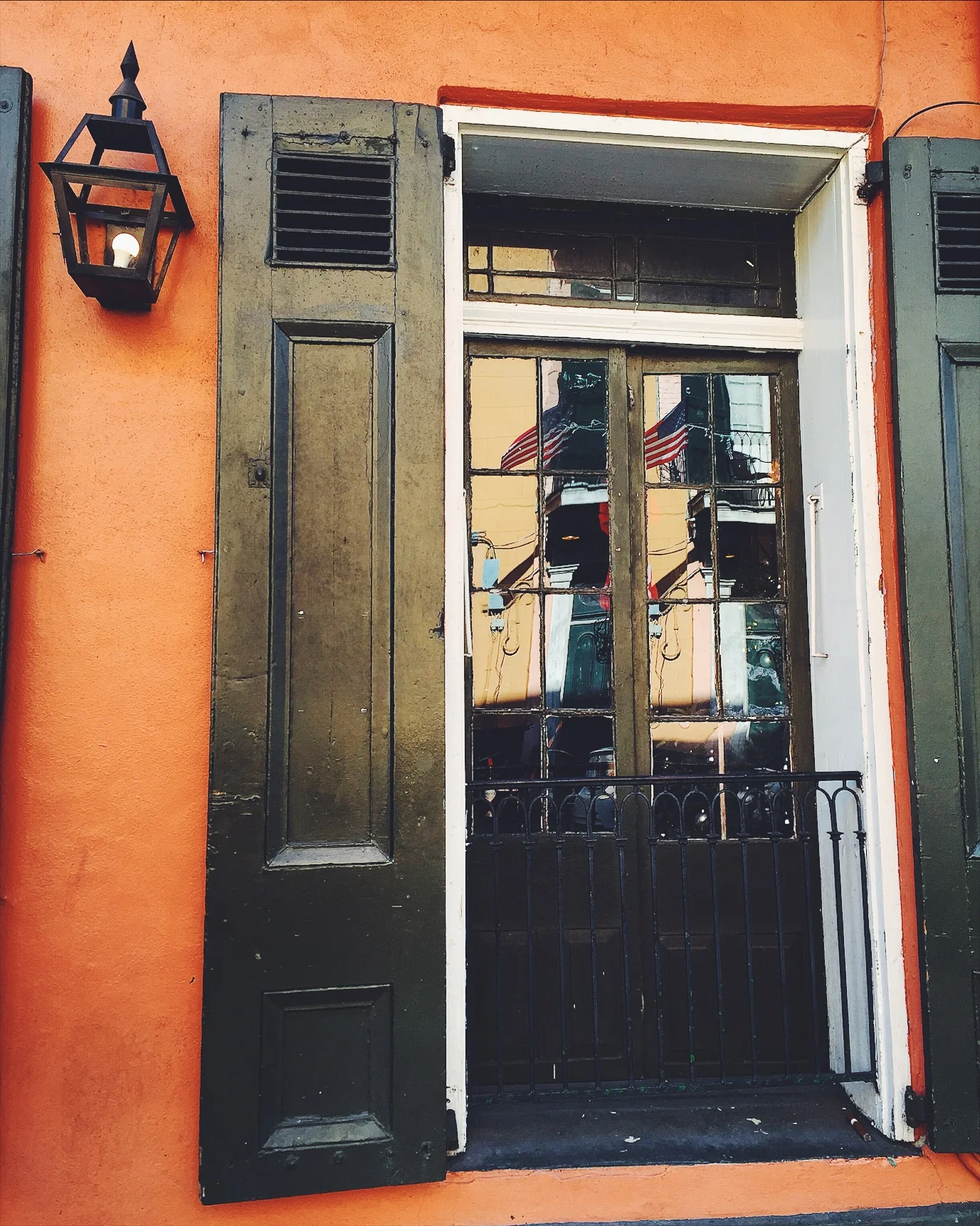Little Rock and Learning to Listen
I’ve only been in Little Rock for 12 or so hours when I find my way to the Flying Fish. My friend heralds this place as “the best fried catfish place” but I know when she says the name that it’s nothing extraordinary. We have one in Fort Worth, a place where rich people go to feel like they are back to their roots, low country fare serve fried that tastes like an indulgence when compared to the gluten-free organic food that is usually consumed.
But I don’t know any other restaurants in this state, so the Flying Fish is the best I can think to do, and I can’t complain. In D.C., the food is okay, in northern Virginia, it is all together bland. No spice, no heat, no sweet. Arkansas, to its credit, appreciates spice, or at least it seems to when I get my shrimp gumbo and it turns my stomach over. It’s not hot enough to burn the tongue but when it hits the empty gut it starts to boil. Outside the window stands a man smoking a cigarette and drinking a coke, two things we’ve almost given up entirely in D.C. He’s young, maybe a few years older than me with long hair that curls up at the ears and a beard that has been left to grow at its own discretion. As he pulls in smoke and blows it back out it curls over his head and moves backwards toward the roll up garage window. I can smell the smoke, mixing with my gumbo, not an unfamiliar sensation, as Texans are want to smoke as well, but not altogether welcome.
At the table next to me three twenty-somethings (two men and one woman) sit and discuss the finer points of politics. Or not politics exactly, but the general make-up of the Democratic party “the DNC stands for what? What does it do?” all questions and no answers they sit musing under a wall of frowning Big Mouth Billy Bass. Blues guitar croons over the speakers, harmonica juts in to remind the restaurant they are in the south, mere hours from Mississippi and Louisiana. This is war country, south of the Mason Dixon line. The legacy of racism stands like tall trees, casting shadows in the light of day. Things like “by God,” ”fixin’ to,” and “might could” are said in regular conversation. Swearing doesn’t happen. Instead of bull shit it’s hooey; instead of damn it’s dang.
The twenty-somethings get up to leave, leaving their baskets of half-eaten hush puppies, crinkled wax paper, and straw wrappers where they are. They float out. I barely notice.
Two men take their place. Bellies bulging over struggling belts. Extra holes have been punctured at the end to accommodate the volume, they just might burst. “Well the word from Fox News is that David Nunes was brought before the House investigation committee,” they say. “I wonder if they’ll give him immunity,” they muse. “Why else would they do it if not for a press conference?” they question. I realize that I was under the very false impression that politics was the fodder of lunch conversations only in Washington, D.C. That these big happenings were only whispered over lunch trays on Capitol Hill. That people here in the middle of America were content with the events, that their man, with his stabbing finger and sly second hand, was doing well by them.
Maybe I don’t understand America as much as I thought I did. Maybe like bellies in Arkansas the concern has spilled outside of the belt that forms the circumference of D.C. Maybe politics is beginning to rival sports as the lunch topic de jour in the fried food states. As the two men move to discuss women’s basketball, Yukon’s bus difficulties. I think I have them pegged, I know what kind of people they are.
And then, one says, red faced, “Can you believe…” pausing for a sip of sweet tea before continuing… “that the current resident of the Naval Observatory, notice I said the current resident because I refuse to say Vice President, won’t have dinner with women who aren’t his wife?”
The other replies between bites of French fry, “Probably because no woman wants to have dinner with him. Did you hear he also won’t go anywhere there’s alcohol without his wife?”
The first guffaws, a hoarse ballistic sound. “Is there anywhere in D.C. that doesn’t serve alcohol? All those idiots do is drink.” He isn’t wrong, no one can outdrink the self-loathing. “How on earth did that nut job become governor of a state?”
“If I was in D.C. I’d just go around and make a documentary. This idiot administration is goshdang corrupt. Stupid. Won’t last long, I’d film it while I could.”
Not a bad idea, I think, eating my key lime pie slowly, hoping they won’t notice me listening in. They laugh, a quick happy sound that turns to a sad sigh, the laugh of America in 2017, wipe their mouths, ball up their napkins, and leave. I think to myself that I’m glad I stayed for the whole conversation; it’s easy to assume you have someone pegged, but what if we listened first before assuming?
[Photo by Julie Bloom.]









Don’t paint me as a “let’s just go live off the grid among the wolves and chipmunks” advocate just yet. Systems are important for order; this isn’t a rally cry to take up pitchforks and torches and proclaim anarchy. We should still get our “I Voted” stickers; we should still call our senators; we should still work actively within our institutions to demand justice. These are good, important, necessary things that we are called to do. But if we seek absolute safety in our systems, we will be disappointed.
Systems are not strong enough to hold our hope.